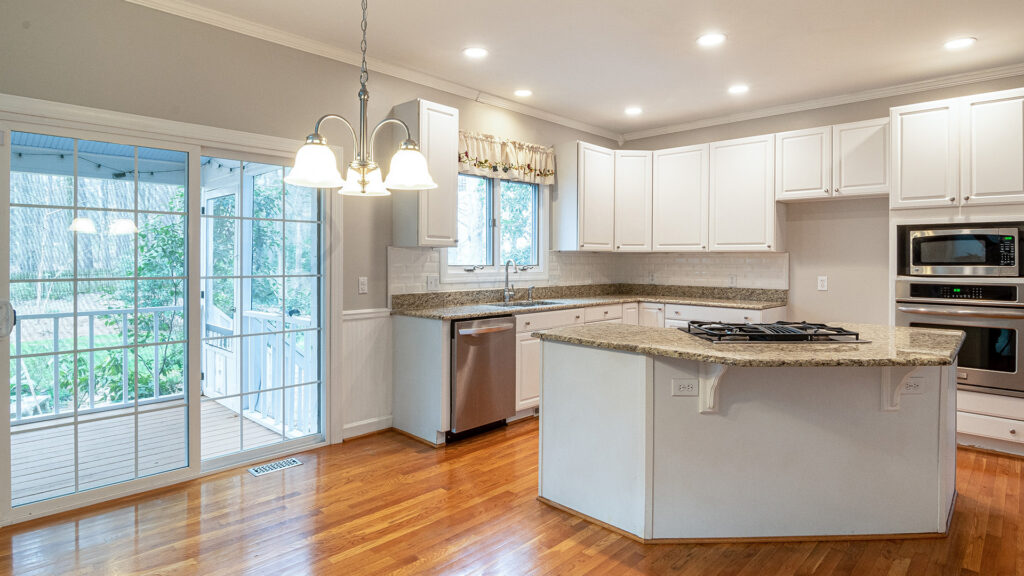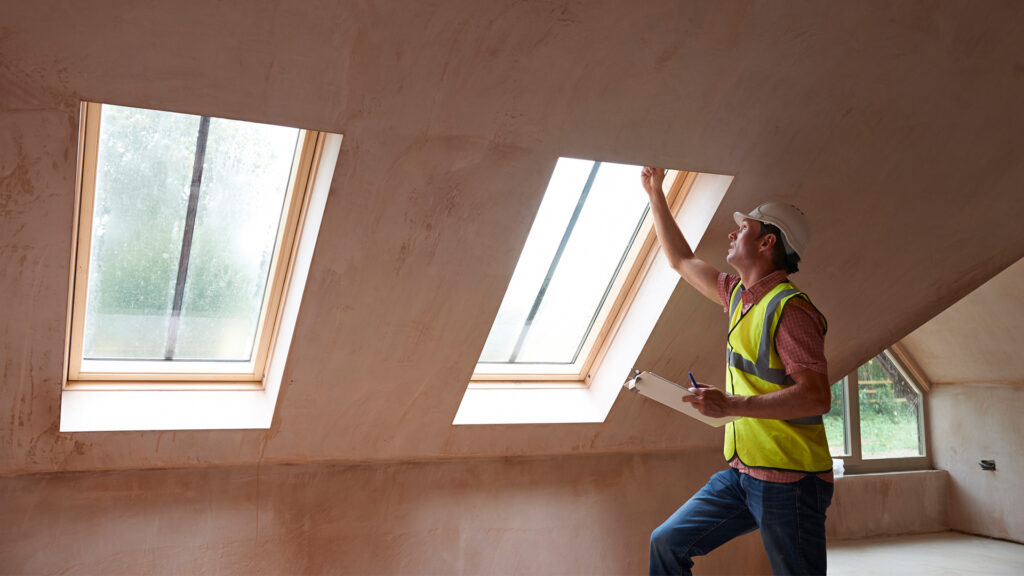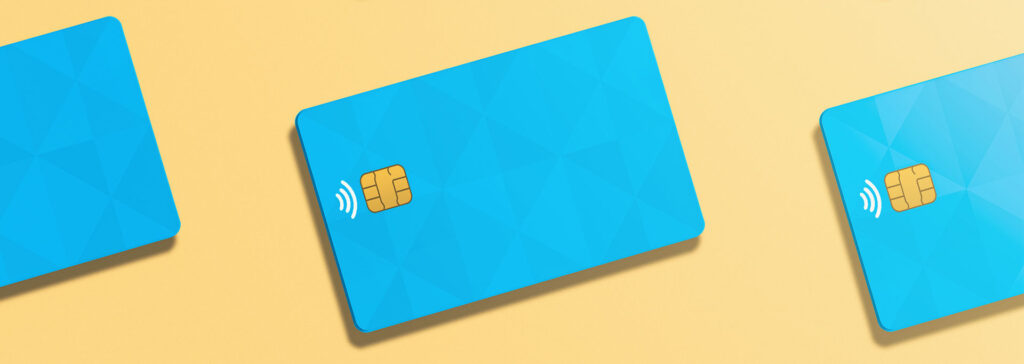Most products on this page are from partners who may compensate us. This may influence which products we write about and where and how they appear on the page. However, opinions expressed here are the author's alone, not those of any bank, credit card issuer, airline or hotel chain. This page may include information about American Express products currently unavailable on Slickdeals. American Express is not a partner of Slickdeals.
Buying a home is one of the most significant (and largest) purchases you'll ever make. For first-time home buyers, the process is daunting. There are many requirements and steps to consider before signing on that dotted line. The last thing you want to do is make a first-time home-buyer mistake that makes you question your decision.
Below is a list of things that first-time buyers should do when purchasing their homes. Navigate the home buying process like a seasoned vet with these tips, whether it's your first home purchase or you're an experienced buyer.
1. Check Your Credit
Lenders use your credit score and history as part of the underwriting process to determine eligibility for a mortgage loan. It's also how they set your interest rate, which can vary considerably. Knowing where you stand can help guide you as you shop around for the best lender.
Checking your credit reports also allows you to look for any errors or bad marks that could negatively affect your credit. Head to AnnualCreditReport.com to access free copies of your credit reports from all three major credit bureaus.
2. Set a Budget
One of the last things you want to do when buying a home is to bite off more than you can chew financially. Unfortunately, many first-time homebuyers fall into that trap. It's easy to get caught up in the emotions of buying a "dream home" without factoring in how much home you can afford.
Combat this mistake by setting a realistic budget. List out all of the expenses that come with buying and owning a home. Take a hard look at your finances, including your income and any existing debt, to determine how much you can afford to pay in a down payment or monthly mortgage payments.
Leave yourself some wiggle room, so you're not stretched too far financially if an emergency or hardship were to occur. Having a solid emergency fund in place will also protect you in the event a financial disaster happens.
3. Determine Your Needs and Wants

You should also take time to consider what type of house you want and what features are most important to you. Having access to modern conveniences is great, but they can also add to the cost of a home, pushing you out of your price range.
Do you really need a home with a yard? Are you wanting too many bedrooms than you need? Is being in a pricier neighborhood really that important to you?
Make a list of your "must-haves" and also home features that would be great to have if it falls within your budget. Use your "needs" list and your budget as guides to filter out homes that don't make the cut.
4. Get Preapproved for a Mortgage
Did you know that you can get preapproved for a mortgage before you even start looking at homes to buy? Not only does getting preapproved for a mortgage give you a better idea of how much you can borrow, but it will also help during the negotiation process with sellers. You can sit down with sellers with a preapproval letter in hand, which shows them you are a serious buyer and are in a position financially to purchase their home.
Shop around with multiple lenders to find the best rates. Pay attention to any fees that could pop up with each lender. Most lenders let you shop rates without it negatively affecting your credit score.
Note: Applying for preapproval will trigger a hard credit inquiry which could drop your credit score a few points, but this is usually only temporary.
5. Save for a Down Payment
When you buy a home, there's an upfront expense called a down payment needed to secure the purchase. Typically, a down payment is 20% of the total cost of the house. However, lenders offer a variety of mortgages that have different down payment requirements. In some cases, lenders may require you to take out mortgage insurance if your down payment is too small.
The federal government offers several home loan programs that feature lower down payment requirements. Federal loans like VA, FHA and USDA can also be taken out through a private lender. Because the government backs these loans, they are typically easier to qualify for than traditional mortgage loans.
While setting a home buying budget, think about how much of a down payment you can afford. Create a separate fund and start tucking money away towards a down payment so you're ready when it's time to purchase a home.
6. Consider All of the Costs Involved
Buying a home costs more than most people realize. There's a laundry list of expenses that go with buying a home beyond the down payment. Other costs you could end up paying as a first-time homebuyer include:
- Closing costs
- Property taxes
- Mortgage insurance
- Homeowners Association (HOA) fees
- Homeowners insurance
- Home maintenance and repair costs
Many of these costs can be added into your monthly mortgage payment so you never see them, but you still need to factor these costs to determine what you can afford.

Personal Loan Pros & Cons: When Are They a Good Idea?
7. Find a Good Real Estate Agent
Don't underestimate the value of having an excellent real estate agent in your corner when buying your first home. Experienced agents know the process well and can guide you through it and answer any questions you may have.
A good real estate agent knows the market and local neighborhoods well and can save you considerable time and money. Ask family and friends for recommendations or search online for a pool of real estate agents to consider. Take time to meet with several agents before choosing one to represent you.
8. Survey the Neighborhood
Get familiar with the community and neighborhood where you want to live. Survey the area to see what's nearby. Think about what amenities are important to you: Do you need the area to be walkable? How are the schools in the area? Don't forget to consider factors like commute time to work into your decision.
Online real estate listings typically offer tons of information about the local area, schools, crime, and other important considerations. Your real estate agent should also have insight into whether the area meets your needs.
9. Perform a Home inspection

A home inspection is a vital part of the home-buying process. It's a thorough, visual examination of a home, including its physical structure, home systems and foundation. Professional home inspectors objectively look for potential problems and red flags.
You may be tempted to bypass this step, especially if you are trying to close on the house quickly without issues, but it's too important to skip. You'll have a better understanding of the property and potential problems that need to be addressed when you do an inspection. Consider including contingencies in your home purchase if you uncover any major issues that could affect the sale price or your interest in moving forward with the purchase.
Purchasing a home requires a lot of planning and legwork, but the extra effort to ensure you find the right home for your needs and budget is worth it.
FAQs
-
First, try to improve your credit score by getting a free copy of your credit report and eliminating as many errors or bad marks as possible. In addition, you should set a budget with clear spending limitations, factor in all the costs involved in buying your house, thoroughly research the surrounding neighborhood, and find a reputable real estate agent.
-
First-time home buyer eligibility can vary by state. In some states, you can qualify as a first-time home buyer if you have not owned a home in the last three years or more. This eligibility also covers former homeowners who sold their homes three or more years ago.
-
Most financial experts would advise buyers to save a least 25% of the total home sales price. This amount should cover the down payment, moving fees, and closing costs.
-
The amount you can borrow as a first-time buyer will depend on many factors, including your credit score, debt-to-income ratio, down payment, and more. Some lenders may offer a high loan limit, but it’s important to understand how much you can really afford in monthly mortgage payments.










